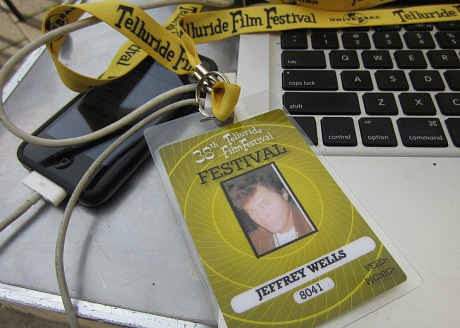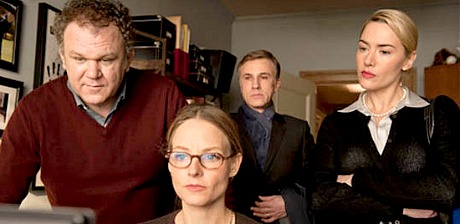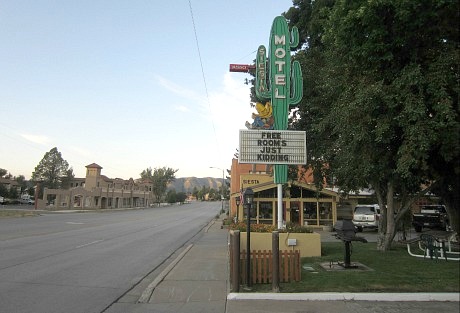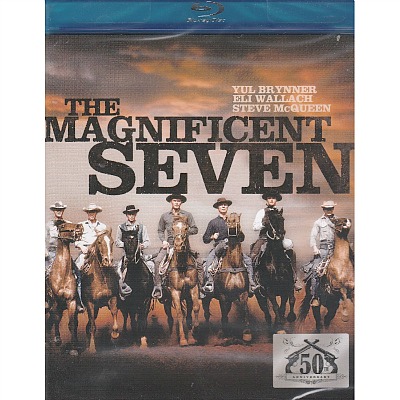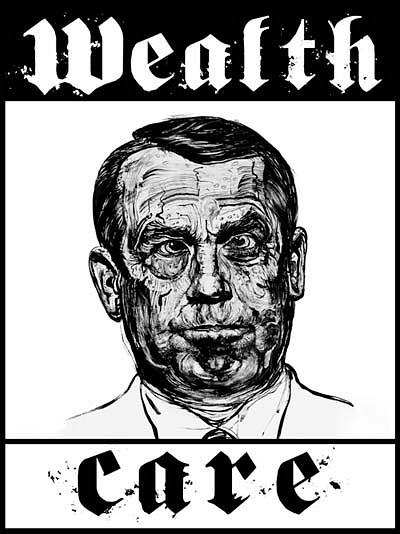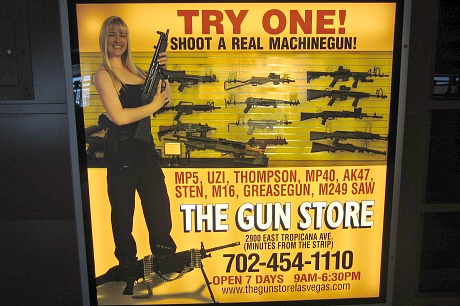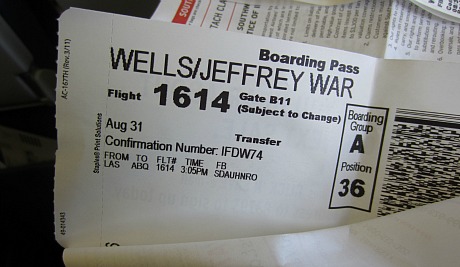Last night was just about cool mountain air and kicking back and breathing a little heavy as we walked up hills. It’s not Mount Everest, but the oxygen levels are lighter up here. I prefer to think of the Telluride air as select, rarified. I’d been told to drink only a single glass of wine, but I threw down two glasses of Pinot Grigio like I was Ernest Hemingway, like it was nothing at all.

With George Clooney (The Descendants) and Tilda Swinton (We Need To Talk About Kevin) being tributed by the 2011 Telluride Film Festival, it was fitting that Tony Gilroy‘s Michael Clayton — in which they both star — was screened last night at the outdoor Abel Gance theatre. Swinton was standing on Colorado Ave. and posing for photos as the closing credits rolled around 10 pm.
A couple of hours earlier at 221 a few of us — Pete and Madelyn Hammond, In Contention‘s Kris Tapley, Awards Daily‘s Sasha Stone, Wall Street Journal critic Joe Morgenstern, two friends/associates and myself — attended a birthday dinner for Santa Barbara Film Festival director Roger Durling. The Fox Searchlight gang (The Descendants) was sitting nearby; ditto the Sundance Film Festival team (John Cooper, et. al.).
There’s a big party tonight at Frank Marshall and Kathleen Kennedy‘s sprawling ranch, not too many miles from here. Hammond has been invited but not me. If I was Kennedy/Marshall I wouldn’t want to many journalists there, scrounging around and mucking up the vibe.
Today’s schedule again: Patron Brunch from 10:30 to 12 noon, The Descendants at 2 pm, George Harrison: Living In The Material World at 6 pm, and finally Albert Nobbs at 9 pm or thereabouts.

Last night at 221 Oak Street (l. to r.): Santa Barbara Film Festival honcho Roger Durling, Dan Launspach, Pete Hammond.

World’s worst photo of Tilda Swinton (We Need To Talk About Kevin), taken last night around 10 pm on Telluride’s Main Street. (Photo by Sasha Stone.)





